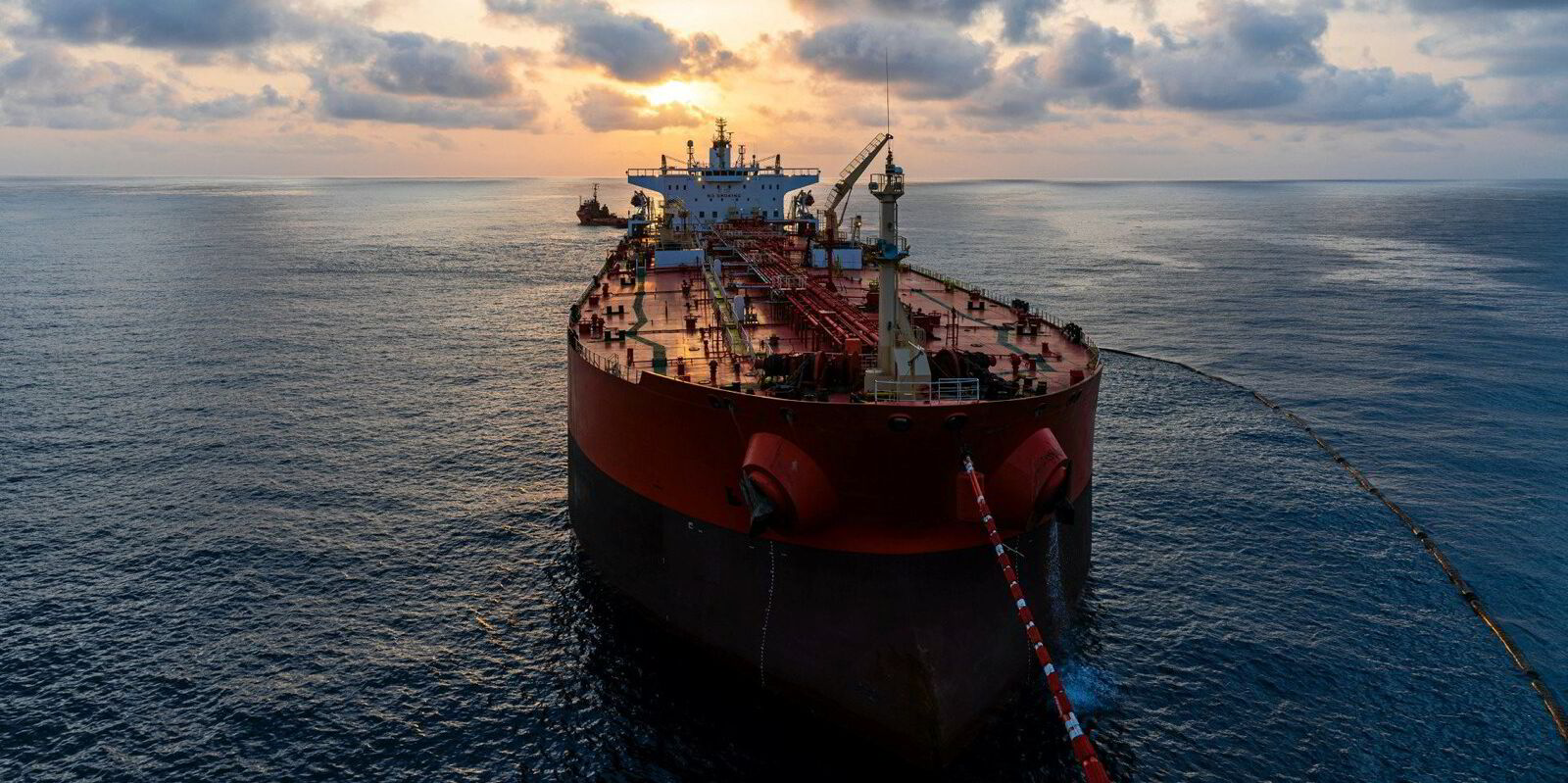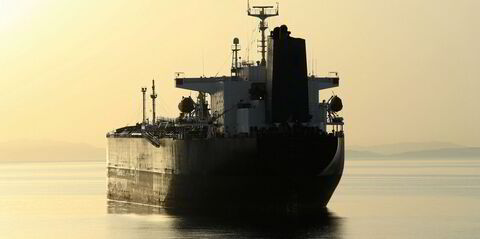Tanker owners are still making money, but market dynamics have to change if VLCC rates are to make a big jump upwards, according to Frontline chief executive Lars Barstad.
The expected winter boost to earnings has not yet materialised due to muted demand, and analysts say the first quarter is now more lucrative for tankers than the final three months of a year.
The John Fredriksen company’s boss was asked on an earnings call by Jefferies analyst Omar Nokta what it would take for rates to break out of a range between $25,000 and $50,000 per day seen over the past few months.
Barstad described the sector as a “roller coaster bull market”, but admitted spot earnings have not been as the company would have wished heading into winter.
“It’s not an absolute disaster,” he told the call.
“The balance is not that completely awful. Basically, we’re just missing those incremental barrels.”
However, the market “has to change characteristics a little bit”.
“In the Middle East, there are Asian interests in more than 80% of those cargoes. Asians are friendly with each other, meaning that you don’t really get pressure on those negotiating,” he said.
“So basically it’s the Atlantic Basin that needs to price the market.”
But that volume has more or less flattened, he pointed out.
“So we need some dynamics to change here in order for that to occur, basically to force Atlantic basin barrels to Asia to a greater degree than what we’ve had,” he said.
“If you ask me right now, it seems like we are in this range-bound market. But again, the balances are still tight.”
Turning to quiet sale-and-purchase markets, Barstad said there is less appetite for tankers from those companies carrying out sanctioned trades.
He believes the Russian vessel market is saturated, with pressure being applied on margins.
“We’re even seeing that the discounts on Iranian crude are getting smaller and smaller, meaning that there’s less trade,” he added.
“So there is hope that these markets are getting saturated, with the effect that the older part of the tanker fleet will lose that bid, and you’ll have an adjustment in values.”
Frontline has noted what its CEO called a “gap” or “overperformance” on asset values for older ships that makes them extremely risky investments.
“It’s not many weeks ago that we saw fairly good prices on modern secondhand vessels. Right now, the market is a little bit paralysed. There’s nobody really exchanging numbers or trading ships,” he said.
Frontline is not concerned about values of modern tankers — the downside is “very limited”, according to Barstad — but for older vessels, the market needs to get back to recycling parity.





